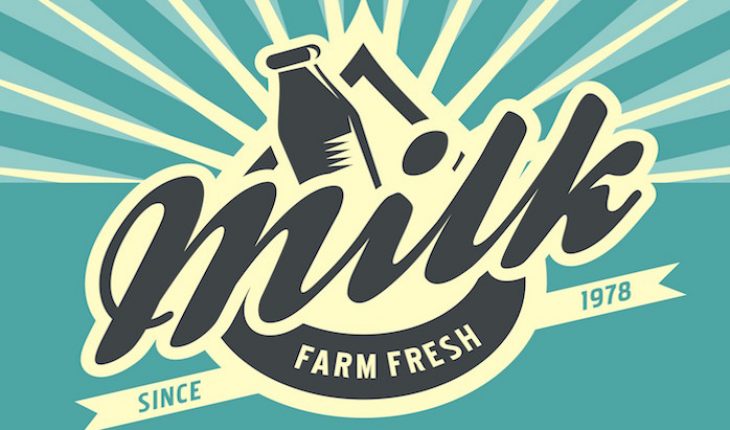Researchers have found the addition of dairy foods into the daily diet of aged-care residents can reduce fractures and falls, in a study published today in the British Medical Journal.
The two-year trial led by the University of Melbourne and Austin Health included 7195 residents from 60 Victorian aged-care facilities and was the first study to test the impact of providing additional calcium and protein through dairy foods on the risk of fractures and falls in older adults.
Living longer, we can expect an increased prevalence of chronic illnesses, malnutrition, loss of musculoskeletal mass, frailty and bone fragility that increases the risk of falls and fractures, which can lead to ongoing disability and premature death.
Around 30 per cent of all hip fractures occur in aged-care residents and around two-thirds are malnourished or at risk of malnutrition.
While intake of dairy foods in this population is typically less than half the amount recommended in the Australian Dietary Guidelines, previous clinical trials have taken a pharmacological approach where residents have their diet supplemented with vitamin D or calcium tablets to reduce bone loss.
Principal investigator Dr Sandra Iuliano, from the University of Melbourne and Austin Health, with an international team of collaborators, added dairy foods which are naturally high in calcium and protein to the regular diets of aged-care residents.
They found this simple intervention – where dairy food intake increased from approximately two serves per day to 3.5 serves per day – led to a significant reduction in fractures and falls.
“We were keen to investigate this issue through a nutritional approach. We know that the consumption of milk, yoghurt and cheese, that are rich in calcium and protein, slows bone loss,” Dr Iuliano said.
“Our cluster randomised controlled trial showed muscles of the arms and legs was maintained and falls reduced in the residents given the additional dairy foods. This is an achievable goal in any aged-care setting as these foods are widely available, palatable, low cost and can be incorporated into the daily menu.”
The study found a 33 per cent reduction in all fractures, a 46 per cent reduction in hip fractures, and an 11 per cent reduction in falls, with a significant reduction apparent between three and five months after the trial began.
Dr Iuliano hopes the outcomes from the trial will be used to improve policy and good clinical practice across the aged-care sector.
“Providing adequate dairy foods in the diets of older adults is a proven intervention and a sensible approach to reducing the fracture burden in the whole community,” she said.
The research was supported by grants from nine global dairy organisations and three philanthropic organisations, including Dairy Australia.
Dairy Australia Nutritionist, Dr Rivkeh Haryono, added, “The results of the clinical trial are clear – and, importantly, reconfirm that consuming sufficient levels of dairy in older adulthood plays a key role in safeguarding bone and muscle health.”
“Dually, increasing the consumption of milk, cheese and yoghurt improves overall nutrition in aged-care residents,” said Dr Haryono.
- Gut microbiome could delay onset of type 1 diabetes - 3rd April 2025
- The da Vinci 5 Robot Is Set To Transform Bariatric Care: - 31st March 2025
- Beyond money: the hidden drivers fuelling child food insecurity - 31st March 2025






